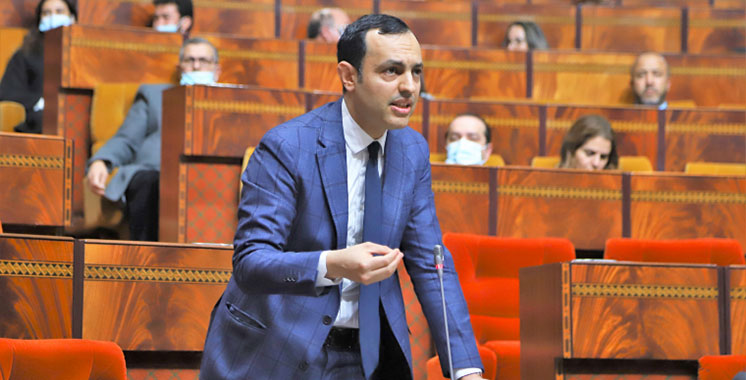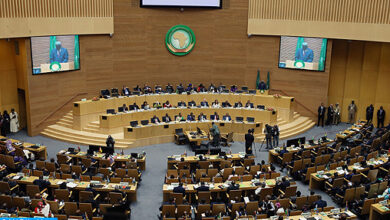Responsible Discussions on the Organic Bill Concerning the Right to Strike in the House of Councillors

Current Debates on Organic Bill No. 97-15 Regarding Strike Rights
The ongoing discussions at the Chamber of Advisors concerning Organic Bill No. 97-15, which governs the conditions and modalities of exercising the right to strike, are taking place in a highly responsible atmosphere. This was stated by the Minister of Economic Inclusion, Small Enterprises, Employment, and Skills, Younes Sekkouri, during a press meeting in Rabat on Thursday. This meeting is part of the detailed examination of the bill by the Committee on Education and Cultural and Social Affairs.
The minister praised the key points raised by social partners and advisors, particularly those related to the definition of a strike and the categories it encompasses. He emphasized the importance of ensuring that the text adheres to the democratic and legal principles of the Kingdom.
Sekkouri highlighted that this in-depth discussion is crucial for ensuring that each section and article of the law meets the anticipated societal objectives. The aim of the exchanges is to develop a balanced text that respects both the rights of strikers and those of businesses, while also guaranteeing labor freedom and societal rights, particularly by ensuring a minimum service in essential sectors.
The discussions notably focused on the first article of the bill, which includes essential definitions. Numerous parliamentary groups expressed the need to include a preamble in the text, outlining the fundamental principles and basic references that underpin the exercise of the right to strike, while ensuring consistency with international and national standards to enhance the confidence of the parties involved.
Advisor Hanaa Benkhair from the UGTM stressed the importance of the preamble, describing it as "the spirit of the law," essential for guiding the legal interpretation of the text. She insisted on the necessity of reformulating certain terms in the first article.
Lahcen Nazhi, coordinator of the CDT grouping, also advocated for a preamble that reflects the essence of the articles in the draft, emphasizing the protection of the right to strike, the balance between the rights of workers and employers, and the institutionalization of social dialogue.
Mustapha Dahmani, an advisor from the National Rally of Independents (RNI), recalled that the 2011 Constitution does not systematically require a preamble for regulatory laws, while highlighting that its inclusion in this bill is not problematic, provided it does not undermine the constitutionality of the law.
Younes Sekkouri commented on the differing opinions concerning the preamble, referencing the views of the Economic, Social, and Environmental Council (CESE) and the National Human Rights Council (CNDH). He stated that while the government is open to the idea of including a preamble, it aims to avoid any risk of unconstitutionality. He also reminded that many regulatory laws do not contain a preamble, in accordance with a ruling from the Constitutional Court.
Beyond the preamble, Articles 2 and 3 of the draft, which define the strike and the implications of the law, have also sparked extensive exchanges. Parliamentary groups have stressed the importance of a meticulous review of these articles to avoid interpretative ambiguities.






